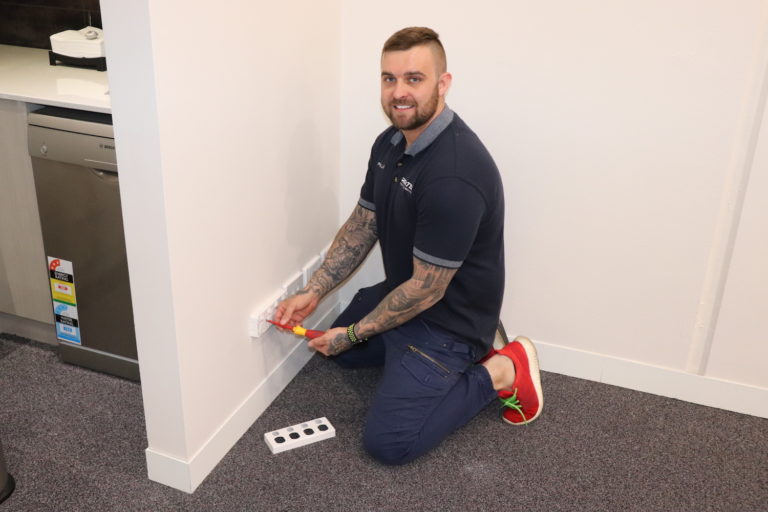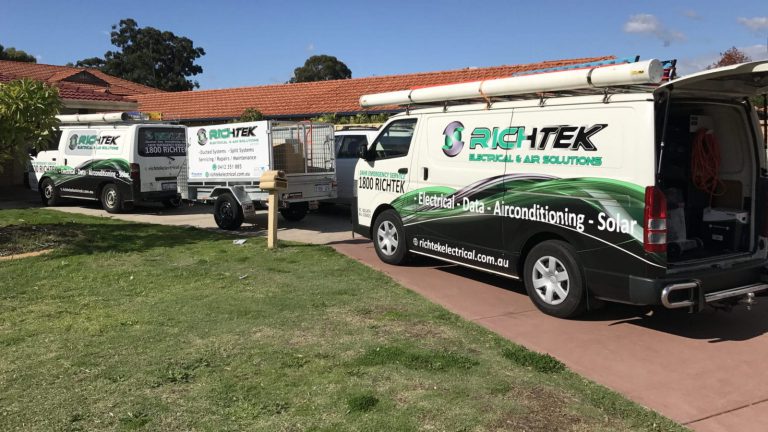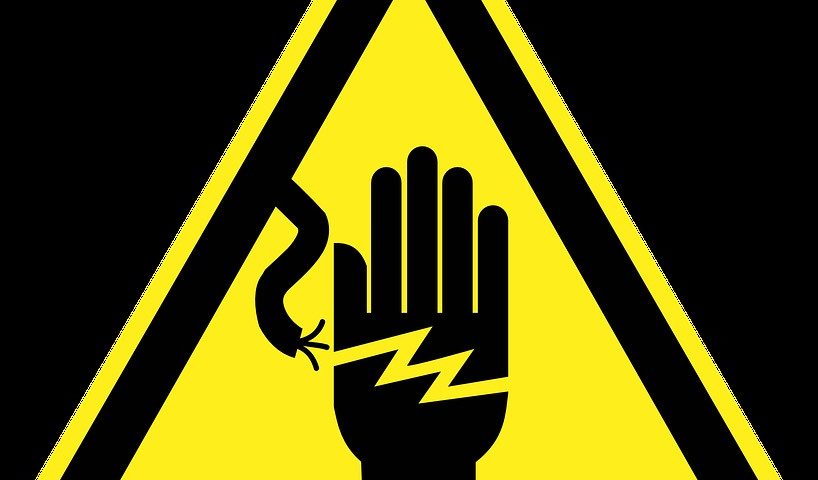Electricity is one of the driving forces behind modern living; most of us can’t remember a time without at least having the convenience of light bulbs. Electrical units and appliances are very commonplace for many people. However, behind all the many helpful uses of electricity, there are quite a few problems to look out for. Electrical issues can lead to dangerous electrical emergencies, so they should be treated very seriously.
Here are 10 of the most common household electrical problems to look out for:
1. Electrical Surges
Frequent electrical surges can be the result of many things, including damaged power lines, a lightning strike, poor household electrical wiring, and even defective appliances. Normally, a surge will last only a fraction of a second; if an object experiences multiple frequent surges, it will be significantly damaged and not last nearly as long.
2. Faulty Light Switches
If any of your light switches are not working correctly, you have a couple troubleshooting options. Dimmer switches that have trouble adjusting properly are usually the fault of poor craftsmanship and material. A mysterious switch that doesn’t appear to connect to any fixture at all could mean anything from a faulty outlet, circuit, or wiring. It is always smart to check with a professional electrician if you have any problems with your home wiring

3. Dips and Sags in Power
Similar to electrical surges, these can be the result of poorly made devices connected to your electricity.
4. An Overloaded Circuit
This is one of the major causes of a tripped circuit breaker. Overloading a circuit can be very easy, especially in older homes that are unable to cater to the amount of electricity some appliances require. Some appliances draw more electricity than others, so it is good to take note of what uses the most power. It also helps to unplug anything that is not in use, including cell phone chargers.
5. A Tripping Circuit Breaker
While circuit breakers are meant to trip (that is their way of protecting your home), you should make sure to note exactly what is causing your breaker to trip. If it was something particularly high wattage like a hairdryer or a microwave, try using a lower setting if you are using them at the same time as other electrical appliances.
6. Electrical Shocks
Electrical shocks are an unfortunate experience, and at worst incredibly dangerous. Fortunately, they are normally a mild static shock level of pain, but they are still a frequent reminder to be careful when handling electricity. These shocks can be caused by an issue with an appliance’s wiring or the appliance itself, so always be careful when turning objects on and off.
7. Lights Being Kept Too Dim or Bright
Different lights may utilise different wattages; check your main connection and that your bulbs are correct.
8. Bulbs That Burn Out Too Quickly
If your light bulbs are burning out too frequently, here are some of the common causes behind it:
- Poor circuit wiring
- Too high of wattages
- Your insulation is located too closely to the bulb
- The dimmer switch (if applicable) is overloaded with too much wattage
9. Unusually Expensive Electrical Bill
Here are some tips to help lower your electrical bill:
- Identify and fix any devices creating power surges
- Unplug appliances and other devices when they are not in use
- Make sure your electrical wiring is up to date
Light that Turns off and Turns Back on Later
Some lights, like downlights for example, are made with the safety feature ability to automatically turn off when the light itself heats up too much. This is caused by either your ceiling insulation being too close, or your bulb is too high wattage.
A great precaution against any potential electrical problems is to have a quality electrician inspect your home. Contact our team on our Richtek Electrical website for any electrical questions or issues you may have.


















